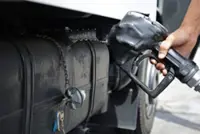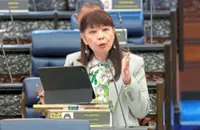PETALING JAYA: The implementation of diesel subsidy rationalisation must be transparent to ensure a smooth transition and for people to accept the change, say economists.
Gaining public support for the policy change, which is needed as the country moves towards fiscal responsibility and long-term economic stability, is important, they said.
Follow us on our official WhatsApp channel for breaking news alerts and key updates!
Thank you for your report!





